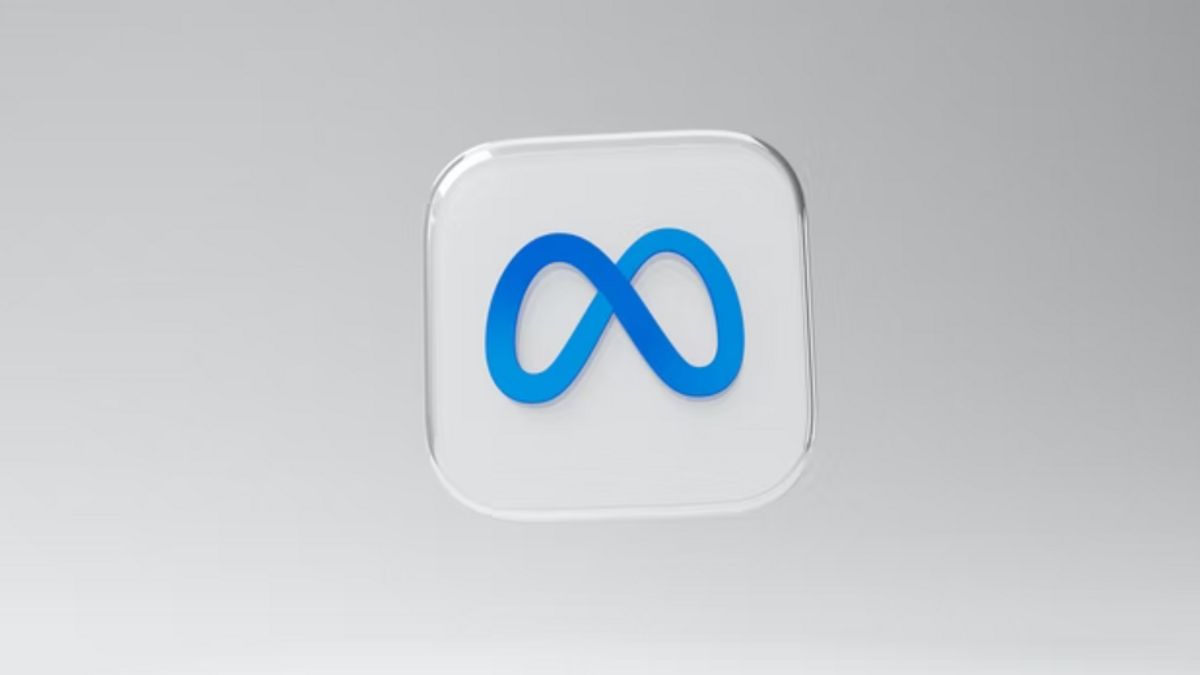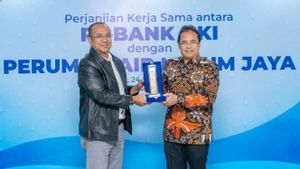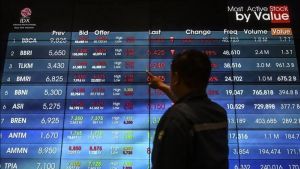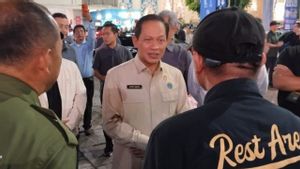JAKARTA - US social media conglomerate Meta Platform Inc. has created an AI model capable of translating in 200 different languages. This includes many that are not supported by today's commercial tools. The company opens project sources in the hope that others will build their jobs.
The AI model is part of Meta's ambitious R&D project to make so-called " universal speechjemers", which the company considers important for growth on its many platforms from Facebook and Instagram, to developing domains like VR and AR.
Machine translation not only allows Meta to better understand its users (so that it improves its advertising system that generates 97 percent of its revenue) but can also be the basis for killer apps for future projects such as its augmented reality glasses.
Experts in machine translation told The Verge that Meta's latest research is ambitious and thorough, but noted that the quality of some translation models is likely to be well-supported under better-supported languages such as Italy or Germany.
The main contribution here is data, said Professor Alexander Fraser, a computing linguisticist at LMU Munich in Germany, to The Verge. What's important is the 100 new languages [which Meta models can translate].
Meta's achievement comes from both the scope and focus of its research. While most machine translation models handle only a few languages, the Meta model summarizes everything. This is a single system capable of translating more than 40,000 different directions between 200 different languages.
But Meta is also interested in including the low resource language in the language with less than 1 million translation sentence pairs available to the public. This includes many African and Indian languages that are usually not supported by commercial machine translation tools.
Meta AI research scientist Angela Fan, who worked on the project, told The Verge the team was inspired by the lack of attention given to languages with lower resources in this area.
The translation doesn't even work for the language we use, so that's why we started this project, Fan said. "We have inclusion motivation like 'what is needed to produce a translation technology that is suitable for everyone'?"
The English, Chinese, Japanese, Arabic, and French versions are automatically generated by the AI. So there may still be inaccuracies in translating, please always see Indonesian as our main language. (system supported by DigitalSiber.id)











